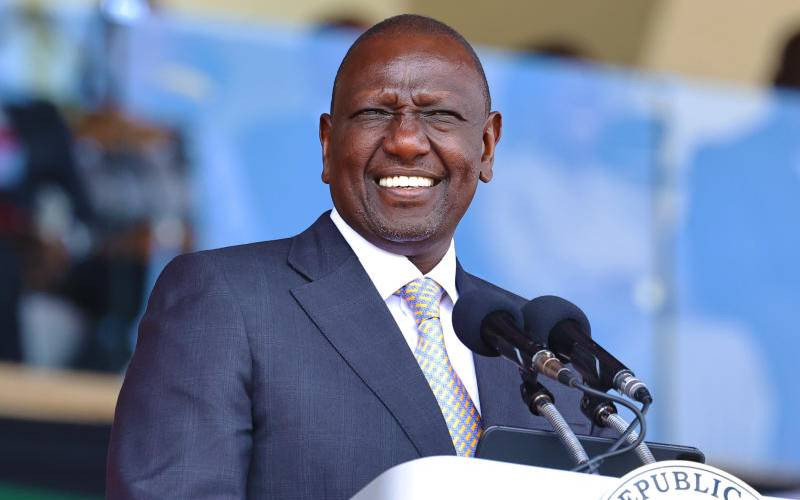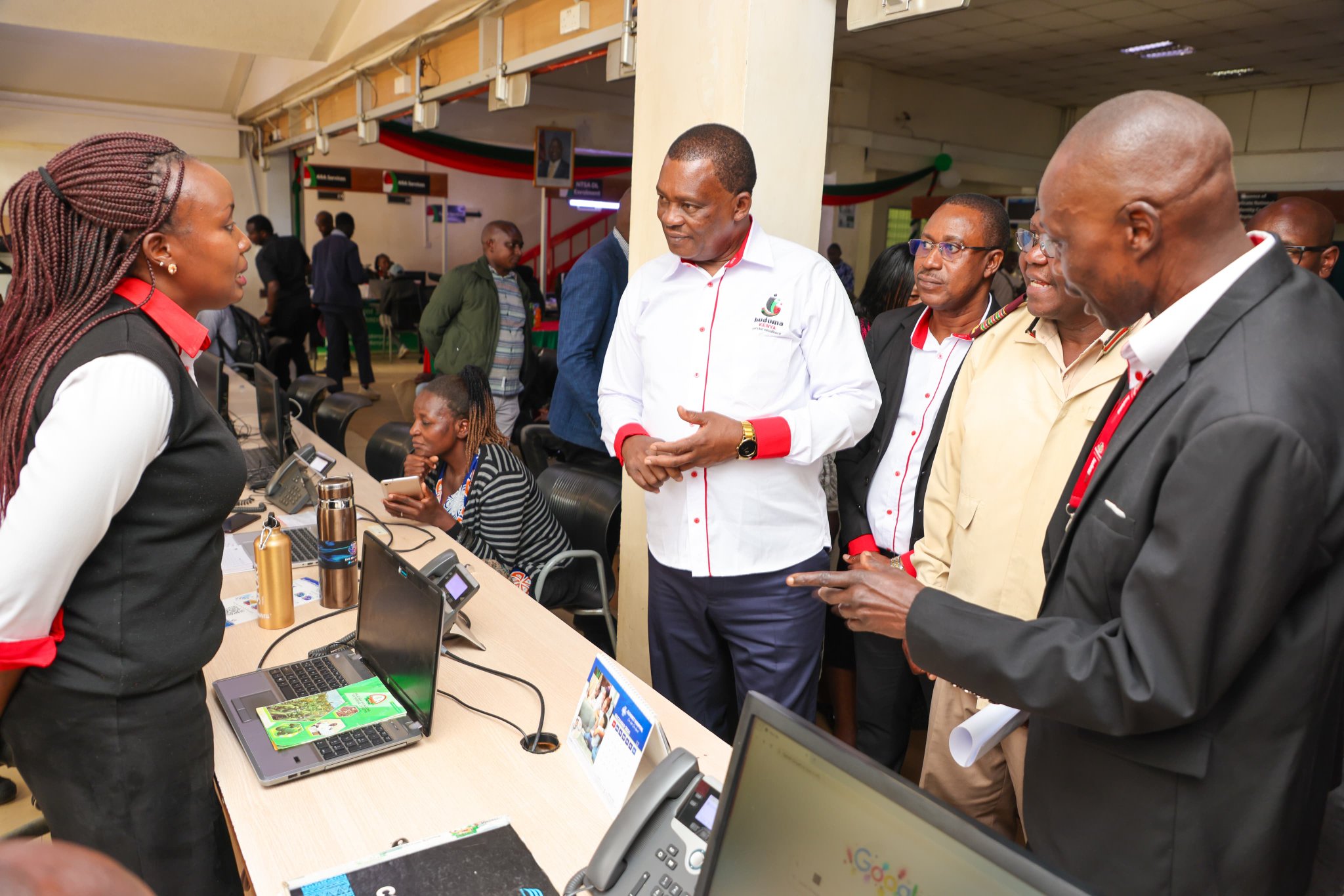Several livestock markets closed, meat supply disrupted after outbreak of foot-and-mouth disease

Beef prices in the affected counties have reportedly surged from Sh520 to Sh660 per kilo, while goat meat now costs Sh750, up from Sh600.
At least four counties are on high alert following a severe foot-and-mouth disease (FMD) outbreak. The outbreak has led to the closure of several livestock markets and disrupted the meat supply chain.
Authorities have imposed quarantine in Trans Nzoia, Nandi, Kakamega, and West Pokot counties to curb the spread of the highly contagious viral disease.
More To Read
- New livestock identification system set to combat theft and boost market access
- Revealed: No funds allocated yet for Ruto's planned livestock vaccination drive
- President Ruto rebukes vaccine critics again, insists on benefits for farmers
- Pastoralists in Wajir replenish grazing lands with grass reseeding initiative
The outbreak comes ahead of a planned nationwide vaccination campaign targeting 22 million cattle and 50 million goats, scheduled to begin next week.
Foot-and-mouth disease, which affects cloven-hoofed animals such as cattle, sheep, and goats, spreads rapidly through direct contact or contaminated equipment and vehicles.
“FMD is particularly challenging to contain because of its high transmission rate,” a veterinary officer with the Directorate of Veterinary Services, Dr Allan Azegele, told the Daily Nation.
The quarantine has significantly affected the region’s livestock trade, with Trans Nzoia County Chairman for Livestock Traders, Joseph Lamai, reporting drastic changes.
“This disease has been affecting our operations for the past four months. The closure of West Pokot markets, our primary supply source, has forced traders to source animals from as far as Elgeyo Marakwet County, significantly increasing operational costs,” he said.
Cattle slaughter declines
In Kitale town, the main slaughterhouse has reportedly recorded a sharp decline in activity, with the number of cattle slaughtered daily dropping from 50 to 15. This represents a 70 per cent decrease, reflecting a similar trend across the region’s meat processing facilities.
The current outbreak has been identified as serotype O, one of seven known strains of the virus. According to Kenya Veterinary Services, this strain accounts for 60 per cent of FMD outbreaks in East Africa over the last decade.
“Infected animals develop fever, followed by blisters in the mouth and on their feet. While mortality is generally low in adult animals, the disease causes severe economic losses through reduced milk production, weight loss, and breeding complications,” Azegele noted.
Trans Nzoia County Executive for Agriculture and Livestock Phanice Khatundi said pre-vaccination preparations are underway.
“We’ve mobilised veterinary and extension officers for pre-vaccination screening. The process includes health assessments and marking vaccinated livestock to ensure comprehensive coverage,” she said.
Historically, Kenya has faced three significant FMD outbreaks in the last decade: the first in 2018, which affected 12 counties and caused economic losses of Sh3.2 billion; another in 2020, impacting eight counties with losses of Sh2.1 billion; and a 2022 outbreak that cost Sh900 million in four counties.
Early estimates suggest the current outbreak could result in losses exceeding Sh1.5 billion if containment measures are ineffective.
The economic strain has led to rising meat prices in the affected counties. Beef prices have reportedly surged from Sh520 to Sh660 per kilo, while goat meat now costs Sh750, up from Sh600.
Some butcheries have opted to diversify their offerings by introducing chicken and fish products, while others have temporarily closed due to unsustainable costs.
No direct threat to humans
Although FMD does not pose a direct threat to humans, consuming meat or milk from infected animals can exacerbate the spread of the virus.
“The quarantine measures are primarily economic rather than public health interventions,” Azegele said.
“Eating such meat won’t harm you, but it could turn you into a conduit for spreading the disease, particularly in rural areas.”
Neighbouring counties such as Elgeyo Marakwet have seen livestock prices rise by 40 per cent as traders from quarantined regions seek alternative markets. However, the restrictions have drawn criticism from some quarters, with local authorities defending their actions as necessary to prevent further losses.
President William Ruto’s announcement of the nationwide vaccination programme has faced resistance in some areas, but veterinary officers are urging farmers to report suspected cases promptly.
“We want to heighten awareness so farmers know what signs to look out for,” Azegele emphasised.
The full economic impact of the outbreak is yet to be determined as containment efforts continue.
Top Stories Today


















